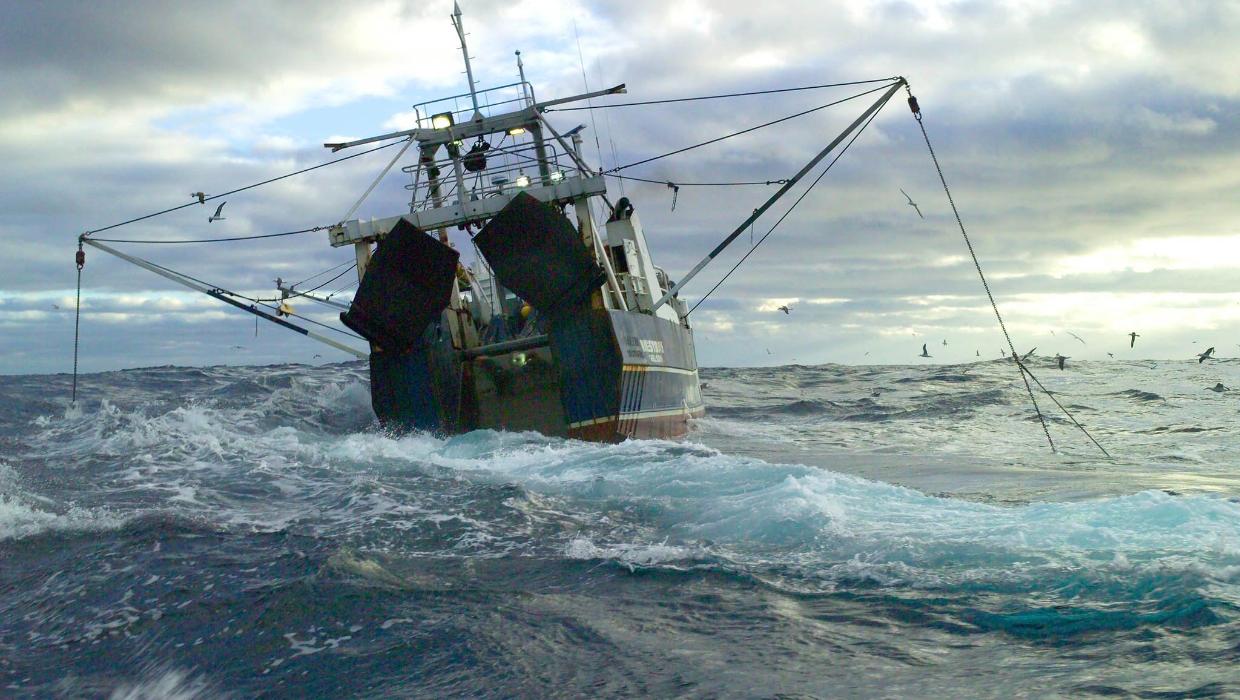Politics
Global Treaty Establishes Protected Areas in International Waters

A landmark treaty aimed at enhancing the protection of marine biodiversity in international waters was agreed upon on March 4, 2023. This new accord addresses critical environmental concerns, establishing protected areas and imposing restrictions on practices such as deep-sea trawling and seabed mining.
The agreement, reached during a session organized by the United Nations, marks a significant step toward sustainable ocean management. With approximately 64 percent of the world’s oceans classified as international waters, the treaty recognizes the urgent need for comprehensive measures to protect marine ecosystems.
While the global consensus has been achieved, the treaty now awaits ratification by member states, including New Zealand. This delay raises concerns about the implementation of the agreed-upon protections, as New Zealand has not yet formalized its commitment to the treaty.
Implications for Marine Conservation
The treaty is expected to create a framework for establishing marine protected areas (MPAs) across the high seas. These areas will be crucial for preserving biodiversity, as they offer sanctuary to countless species that are threatened by human activities. The restrictions on deep-sea trawling and seabed mining aim to mitigate the harmful effects these practices have on fragile marine environments.
According to the World Wildlife Fund (WWF), deep-sea trawling has been linked to significant habitat destruction, which can take decades or even centuries to recover. By limiting such practices, the treaty aims to foster healthier marine ecosystems and contribute to global efforts in combating climate change.
Challenges Ahead for Ratification
Despite the treaty’s potential benefits, challenges remain in the ratification process. New Zealand’s government has indicated that it is reviewing the treaty’s implications before moving forward. Environmental advocates have urged for swift action, emphasizing that delaying ratification could hinder the progress made during negotiations.
Internationally, there is a growing momentum for marine protection, with various countries expressing support for the treaty’s objectives. As nations assess their positions, the urgency of protecting the high seas cannot be overstated.
The treaty’s success will depend on the collective commitment of nations to prioritize marine conservation. As discussions continue in the coming months, the focus will remain on ensuring that the treaty translates into real, enforceable protections for the world’s oceans.
In conclusion, the agreement reached on March 4 signifies a pivotal moment in international marine conservation efforts. With New Zealand and other nations poised to make decisions, the next steps will be crucial in determining the future health of the world’s oceans. The global community watches closely as the implications of this treaty unfold.
-

 World3 months ago
World3 months agoTest Your Knowledge: Take the Herald’s Afternoon Quiz Today
-

 Sports3 months ago
Sports3 months agoPM Faces Backlash from Fans During Netball Trophy Ceremony
-

 Lifestyle3 months ago
Lifestyle3 months agoDunedin Designers Win Top Award at Hokonui Fashion Event
-

 Sports3 months ago
Sports3 months agoLiam Lawson Launches New Era for Racing Bulls with Strong Start
-

 Lifestyle3 months ago
Lifestyle3 months agoDisney Fan Reveals Dress Code Tips for Park Visitors
-

 World4 months ago
World4 months agoCoalition Forms to Preserve Māori Wards in Hawke’s Bay
-

 Health3 months ago
Health3 months agoWalking Faster Offers Major Health Benefits for Older Adults
-

 Politics3 months ago
Politics3 months agoScots Rally with Humor and Music to Protest Trump’s Visit
-

 Top Stories4 months ago
Top Stories4 months agoUK and India Finalize Trade Deal to Boost Economic Ties
-

 Entertainment3 months ago
Entertainment3 months agoExperience the Excitement of ‘Chief of War’ in Oʻahu
-

 World4 months ago
World4 months agoHuntly Begins Water Pipe Flushing to Resolve Brown Water Issue
-

 Science4 months ago
Science4 months agoNew Interactive Map Reveals Wairarapa Valley’s Geological Secrets









